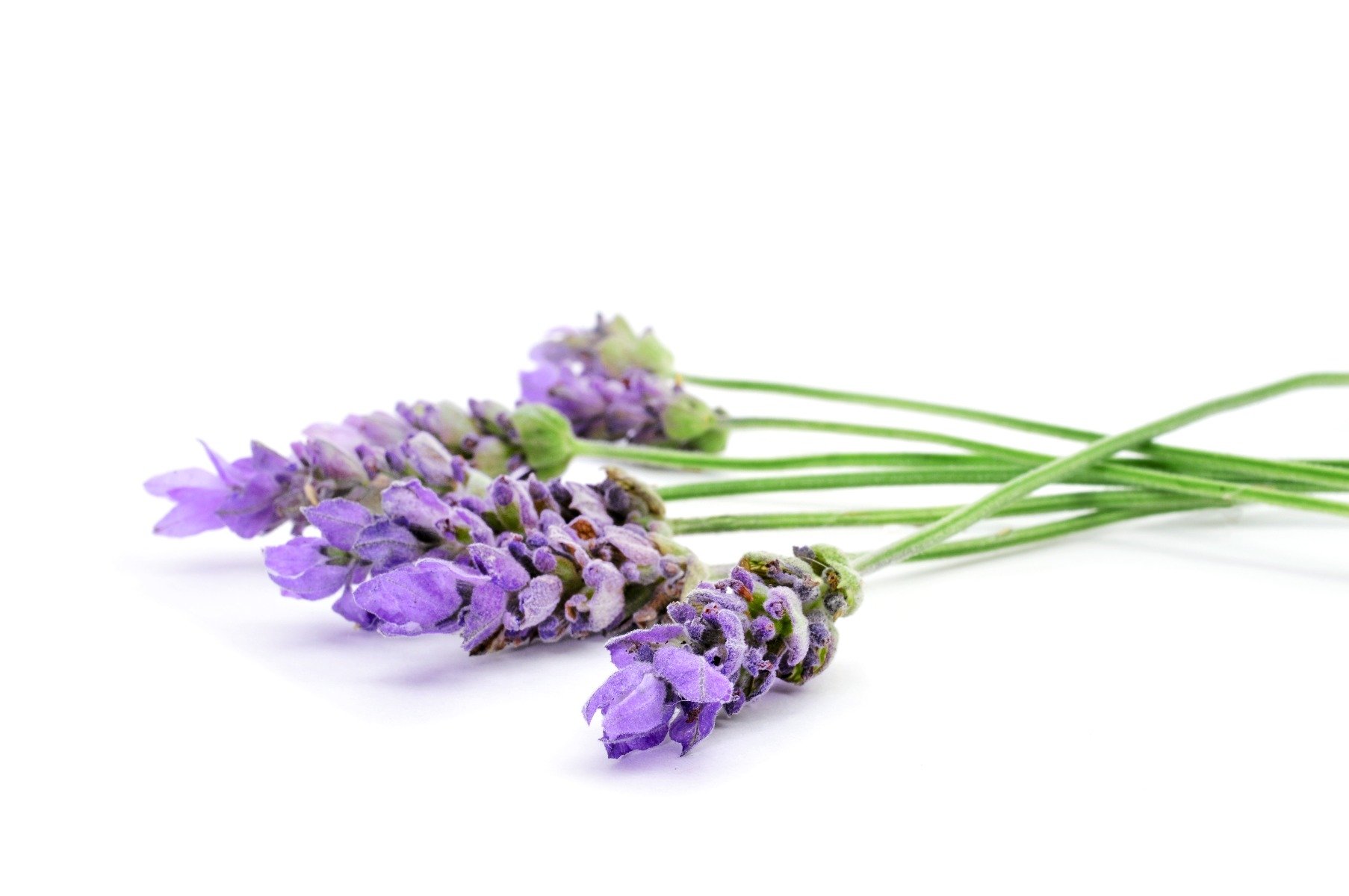How To Deal With Hay fever: SOiL Remedies and Treatments To Try
Hooray the sun is out, and we can feel the Brittish summer is on its way!!
As the weather is starting to improve it is no doubt, we will be spending more time outdoors and soaking up the sun. But with pollen in the air and so many of us suffering from hay fever it can be a little tricky.
Hay fever is an allergy of pollen, grass and trees and affects our body with symptoms of sneezing, blocked or runny nose and itchy puffy eyes. When suffering from hay fever we don’t always feel or look our best and more often we rely on taking over the counter medication to combat the symptoms.
But it’s time for change and in this blog, we are going to be looking at how SOiL organic essential oils can help combat the symptoms of hay fever. And what’s better, did you know that some SOiL essential oils act as a 100% natural antihistamine!
Just as nature causes the issue, nature has the remedy.
SOiL organic essential oils are derived from plants and can be used in a variety of ways to treat symptoms of hay fever and boost your immune system. Below we have listed our top five essential oils to bring relief to your body during the hay fever season.
Lavender essential oil has the ability to calm. It is one of nature’s natural antihistamines and works by reducing any inflammatory allergic reactions in the body and may help to soothe your symptoms of hay fever.
Eucalyptus essential oil is known for its anti-inflammatory properties and may help with congestion. Eucalyptus helps to open up the lungs and sinuses, improving circulation and has a cooling effect, giving you relief from hay fever. Eucalyptus essential oil is best used in a diffuser. Add 5 drops to water. Alternatively pour a cup of boiling water into a bowl and add 1 – 2 drops of the essential oil then place a towel over your head and inhale deeply for 5-10 minutes
Lemon essential oil is a great antioxidant and will build up your defences whilst helping to cleanse toxins while reducing the response to allergens. 40 drops of lemon essential oil can be added to a spray water bottle and spayed around the home.
Tea Tree essential oil is a very effective remedy for hay fever. It has anti-inflammatory properties, helps to relax the nasal muscles and reduce inflammation.
Peppermint - Peppermint comes from a perennial herb that is easy to grow. Mint has been cultivated since ancient times in China and Japan and has been found in tombs dating back to 1000BC in Egypt. It’s no wonder that this herb has its place in and around the home. Peppermint is great to aid mental fatigue, indigestion, nausea, headaches and cramps. It is a must have essential oil to travel with.
We hope SOiL essentials have helped with some tips on how to combat hay fever. We welcome you to like, love and share your must have SOiL essential oil stories, recipes and love of all things essential oil in and around the home.
Back soon with more SOiL essentials x
Please note that All SOiL essential oils are intended for external use only. Unless otherwise advised by a medical practitioner. Do not use undiluted on skin. Do not apply to broken or irritated skin. If sensitivity occurs discontinue use. If you are pregnant, breastfeeding, taking any medications or under medical supervision seek professional advice before use. Please keep out of reach of children.
SOiL advocates the responsible use of essential oils. We grow and source the finest quality essential oils from around the world to supply you with pure, potent plant extracts for aromatic and therapeutic applications. Essential oils are many times stronger than the plants they are derived from and are far more concentrated than the herbal tincture extracted from the same plant.
Accordingly, we recommend that you avoid oral use/ingesting pure essential oils without seeking professional advice beforehand. The issue is not the quality of the essential oils you take orally – there is no such thing as a ‘therapeutic grade’ of essential oil nor is one brand of essential oils safe to ingest over another brand. The issue is safety and even though essential oils are 100% natural, plant-derived extracts, they are botanical medicines which have the potential to cause harmful side effects when taken orally. Essential oils should only be prescribed for oral use in a clinical setting, by a suitably qualified practitioner.
There are many methods of obtaining the aromatic and therapeutic benefits of essential oils, namely; inhalation, massage, skincare preparations, bath and compress. If you require individual advice on oral use/ingestion or in relation to a specific medical condition, we recommend you consult a qualified practitioner, as described above.



